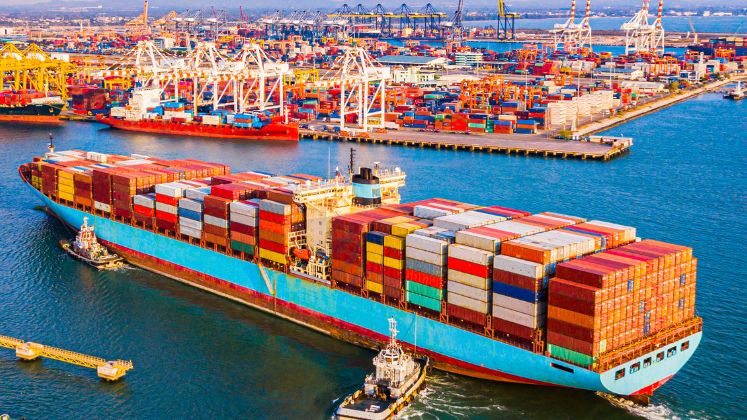Bangladesh’s trade deficit with China has continued to widen, driven by an unbalanced growth in imports and sluggish export performance. Meanwhile, exports to Russia are also witnessing a persistent decline amid ongoing geopolitical tensions.
According to official figures, Bangladesh imported goods worth US $ 19.81 billion from China in the 2022–23 fiscal year, while exports to the Chinese market stood at just US $ 680 million. The resulting trade deficit surged past US $ 19 billion, more than triple the gap recorded a decade ago. In the 2012–13 fiscal year, imports from China were valued at US $ 6.32 billion, while exports amounted to only US $ 460 million, leaving a deficit of US $ 5.85 billion.
The trend continues in the current fiscal year. During the first 11 months of FY2024–25 (July–May), Bangladesh’s exports to China totaled US $ 641.4 million, a 1.96% year-on-year decline. Key export items include leather goods, ready-made garments (RMG), jute and jute products, and frozen food. However, these have struggled to gain significant traction in the Chinese market. In contrast, imports from China consist largely of industrial machinery, electronics, fabrics, chemicals, and consumer goods, critical for Bangladesh’s manufacturing and infrastructure development.
On the other hand, exports to Russia, which had shown promise in previous years, continue to fall. In FY2019–20, exports to Russia were valued at US $ 487.3 million and peaked at US $ 665.3 million in FY2020–21. However, the onset of the Russia-Ukraine war in early 2022 disrupted trade flows.
In FY2022–23, exports to Russia dropped to US $ 460 million, and the downward trend has persisted. In the first 11 months of FY2024–25, Bangladesh exported goods worth US $ 339.3 million to Russia, marking a 9.71% decline compared to the same period in the previous year. Export items to Russia primarily include knitwear, woven garments, home textiles, footwear, and seafood.
Trade analysts attribute the widening deficit with China to the lack of diversification and competitiveness in Bangladesh’s export basket, while sanctions, currency issues, and logistical disruptions continue to affect trade with Russia.
Industry leaders are calling for strategic trade policies, diversified markets, and stronger diplomatic engagement to address the imbalance and protect export growth.







